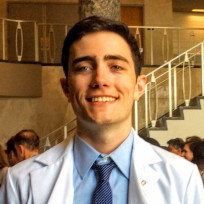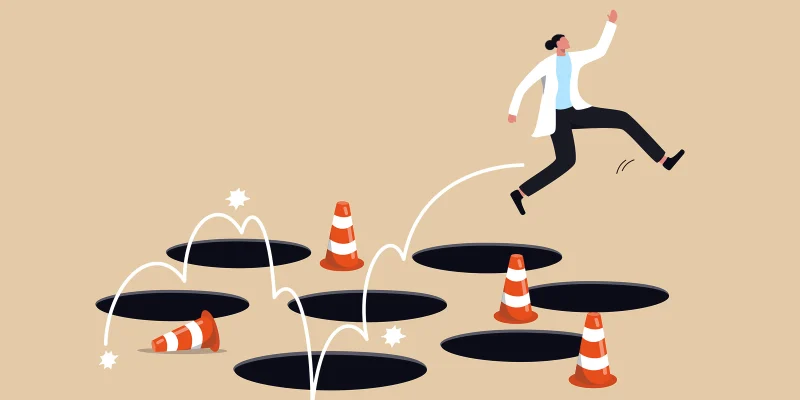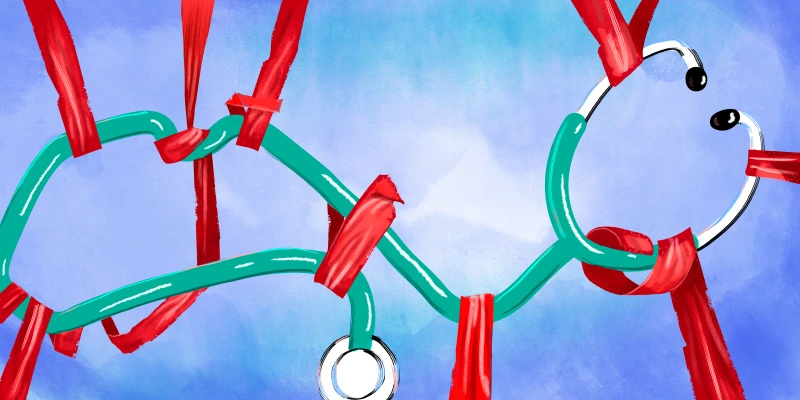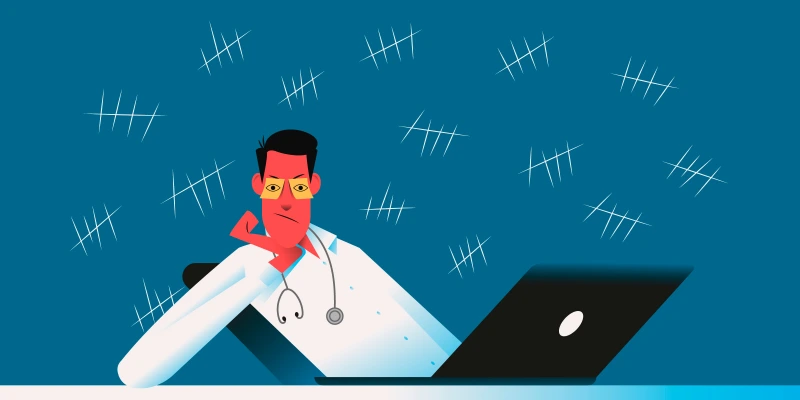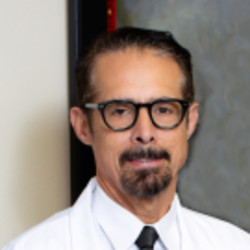
When was the last time you read the original Hippocratic Oath? If it’s been awhile, I’d encourage you to take another look. Many parts of it seem strange or outdated to modern sensibilities. Aside from the fact that the most famous line attributed to it — “First, do no harm” — doesn’t actually appear, most of its admonishments seem controversial or irrelevant (certainly, the modern physician may be forgiven for finding the prohibitions against performing any kind of surgery somewhat quaint).
But, I think it’s worth reading if only to see the emphasis the ancients placed on gratitude. Hippocrates spends more time describing how new physicians should treat their teachers than on how to treat their patients. By contrast, medical trainees today receive plenty of instruction on correct and ethical behavior with regards to patients but almost none in relation to their teachers.
The fading importance of correct conduct on the part of students towards their teachers mirrors the changes that have taken place in medical education over the centuries. On reading the Hippocratic Oath, it is clear that the writer expects new physicians to have learned medicine primarily, or even entirely, from a single teacher. In those early days, medical education resembled a kind of one-on-one apprenticeship rather than structured or formalized schooling. Training was paid for differently, too. The student, or his family, may or may not have paid the master for taking him on as an apprentice. But much of the compensation for the training received would have taken the form of labor, with the apprentice working as the master’s assistant while learning through observation (see Plinio Prioreschi’s “A History of Medicine: Greek Medicine” for an in-depth look at the institution of apprenticeship in the ancient world).
As medicine has evolved, so has medical education. Today, medical trainees learn from dozens, sometimes hundreds of individuals. Each physician-teacher, therefore, contributes a small fraction to a student’s total education. And, rather than compensating teachers by working for them, most students pay huge sums of money to the institutions that employ the teachers — usually taking on large debts to do so.
In the wake of these systemic changes to medical education, the modern medical student would be forgiven for feeling that his or her teachers no longer deserve the reverence that Hippocrates prescribes. The debt of gratitude that students might once have owed to those who taught us the art of healing has been lifted, atomized into a thousand insignificant fractions. In its place is the overwhelming – and quite literal debt – that students owe to Sallie Mae.
Though tempting, I think this is the wrong attitude for medical trainees to adopt. Certainly, the amount of debt that we are now expected to accept to pay for our education is exorbitant — it far exceeds that paid by doctors who graduated only a few decades ago, despite mostly flat physician reimbursement over the same time period. That said, I think we still owe our teachers gratitude.
Medicine is a profession in the truest sense of the word. To truly learn how to be a good doctor requires more than simply learning the relevant body of knowledge. Much of what it means to be a doctor cannot be learned from books, or even put into words. We need role models, teachers we can observe and seek to emulate. We need people who remind us that medicine can still be an honorable and joyful profession. It is to these teachers that we medical students owe our debt — and it is a debt that cannot be repaid in monthly student loan installments. To be honest, I don’t think this debt can be paid back at all, only paid forward. The best way to pay back your best teachers is simply to be a good doctor. When you have the choice to do the right thing for a patient or to take the easy way out, remember those who taught you what it means to be a physician. And if, in the future, you have the chance to be that person for a student, make the most of it.
Medicine is an old profession. If you trace back who you learned medicine from, and who they learned it from in turn, the extent of the family tree might stretch across unknowable generations. It might stretch all the way back to Hippocrates himself. While much of what the Father of Medicine taught his students is obsolete, I think his teachings on gratitude are still relevant today. Remember those who helped make you the doctor you are today. And if you get the opportunity, pay it forward.
Austin Reifel is a fourth-year medical student. He can be contacted on Twitter. Austin is a 2019–2020 Doximity Fellow.

